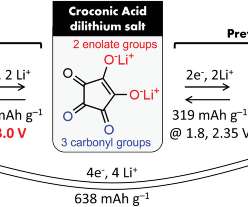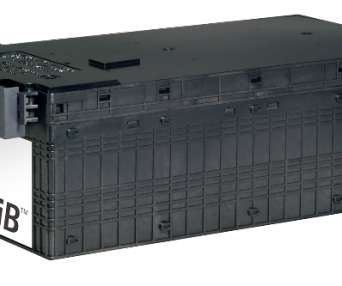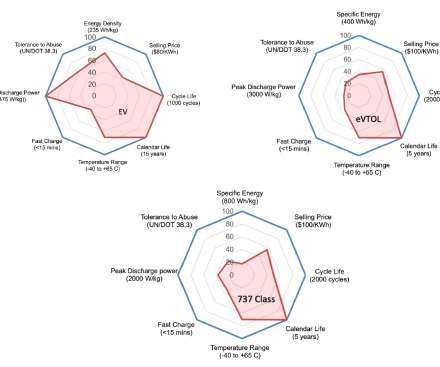Tohoku, UCLA team advance 4V-class metal-free organic Lithium-ion batteries; croconic acid cathode
Green Car Congress
APRIL 18, 2022
A joint research team from Tohoku University and the University of California, Los Angeles (UCLA) has made a significant advance towards high-voltage metal-free lithium-ion batteries by using a small organic molecule: croconic acid. Increasing organic batteries’ voltage could lead to higher energy-density batteries.

































Let's personalize your content